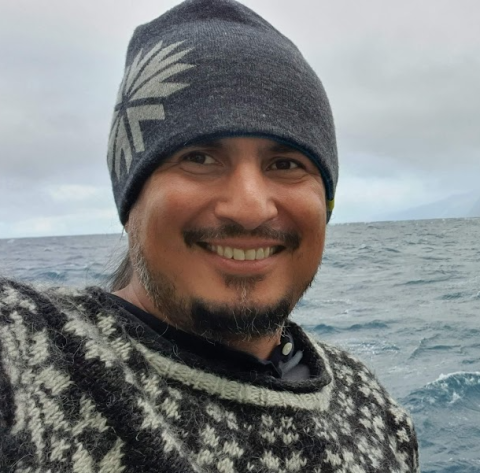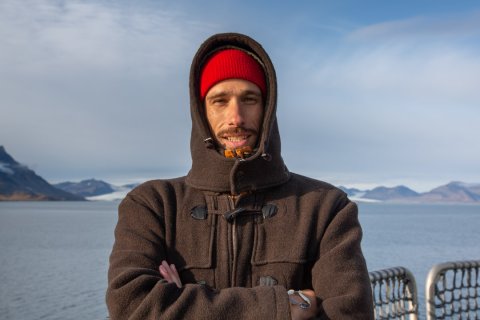Hér má nálgast námskeiðslýsingar allra námskeiðanna sem í boði eru. Einnig má sjá skipulag námsins í sameiginlegri kennsluáætlun Sjávarbyggðafræði og Haf- og strandsvæðastjórnunar.
Námskeiðin uppfylla kröfur ýmissa stéttarfélaga um námsstyrki. Vor- og sumarannir eru tilvaldar fyrir háskólanemendur sem vilja stytta námstímann í reglubundnu námi.
Fyrirspurnir sendist á kennslustjóra Háskólaseturs.
Oceanography
- Autumn 2026
- Kennarar: Dr. Angel Ruiz Angulo / Dr. Theodoros Karpouzoglou
Um námskeiðið
The course provides an introduction to physical processes in the ocean. Students will be given a broad introduction to the history of ocean sciences, ocean physiology, the basic physical and chemical properties of seawater, as well as an introduction to the basic principles of ocean circulation, mixing, tides and waves. Interactions between the atmosphere and the ocean, the ocean’s role in the heat budget, and connections to anthropogenic climate change will also be discussed. At the end of the course, students will be able to explain the basic physiology of the ocean and will be able to use their knowledge for coastal and marine management.
Kennarar
Angel is a Physical Oceanographer with a strong interest in Geophysical Fluid Dynamics, currently working as an Associate Professor at the Institute of Earth Sciences, University of Iceland (Háskóli Íslands). His research focuses on oceanographic processes, including eddies, internal waves, turbulence, and tsunamis. He did his Undergraduate studies at the Universidad Nacional Autónoma de México, Masters and PhD in Fluid Mechanics at Caltech, followed by a Postdoctoral Research Fellow position in Physical Oceanography at LDEO of Columbia University.

Theodoros is a physical oceanographer working at the Marine and Freshwater Research Institute of Iceland since 2024. He is interested in analysing hydrographic observations to understand the large-scale variability of the hydrography and climate in the Arctic and subarctic regions. In 2023, he completed his Ph.D. on the freshwater transport from the East Greenland Current in the Fram Strait. Before that, in 2019, he completed a master’s degree in climate physics at the University of Utrecht, with a focus on modelling the ecosystem effects of large-scale floating photovoltaic installations. In 2017, he completed a bachelor’s in physics at the University of Athens, with a focus on the physical oceanography of the Mediterranean Sea, as well as on the circulation of Atlantic Waters in the Eurasian Basin, Arctic Ocean.

Kennsluskrá
On completion of the course a student:
- will understand and use oceanographic terminology.
- can describe the basic physical and chemical properties of seawater.
- is able to understand the basic principles of density and wind driven circulation in the ocean.
- can sketch simple schematics of basic oceanic circulation models.
- can provide an elementary explanation for tidal forcing.
- has learned to distinguish and classify different types of waves.
- can design, carry out, and evaluate basic lab experiments and communicate the results.
- understands the role of the ocean in the climate system, especially with respect to coastal and marine management issues.
Prerequisites: No prerequisites registered for the course
Assessment: 40% student project; 60% written assignment
Final Exam: Assignment